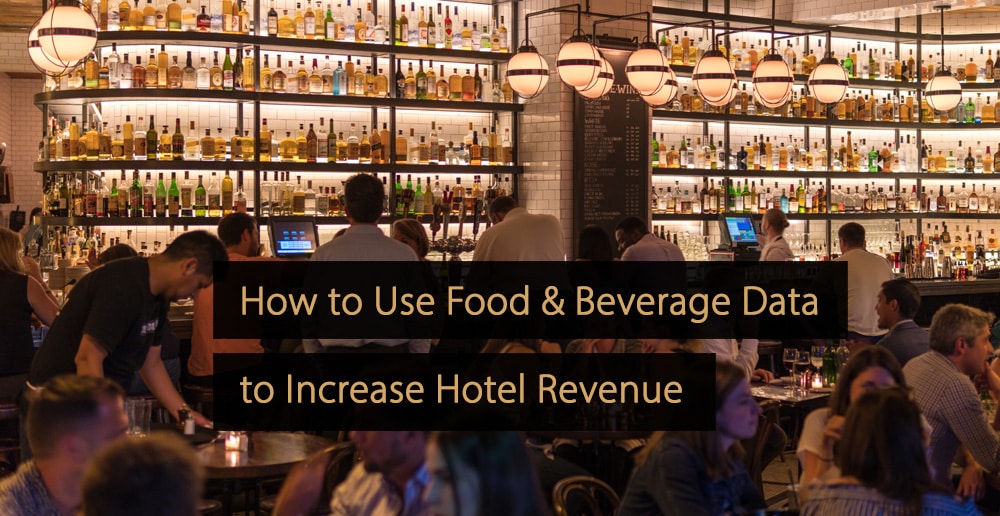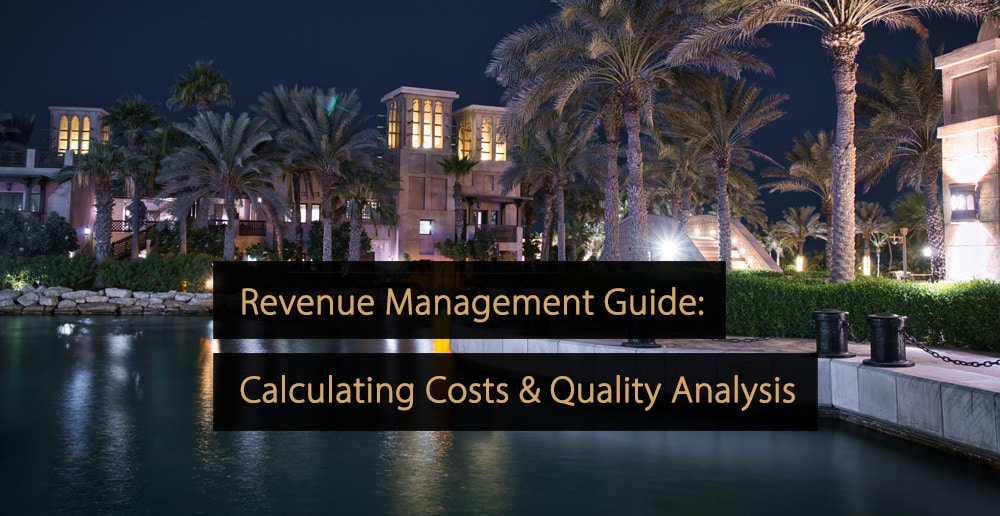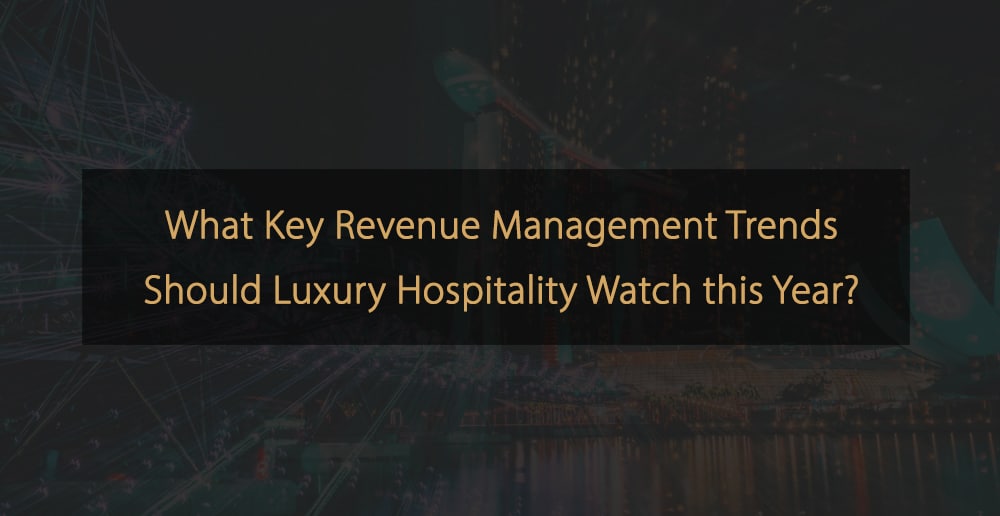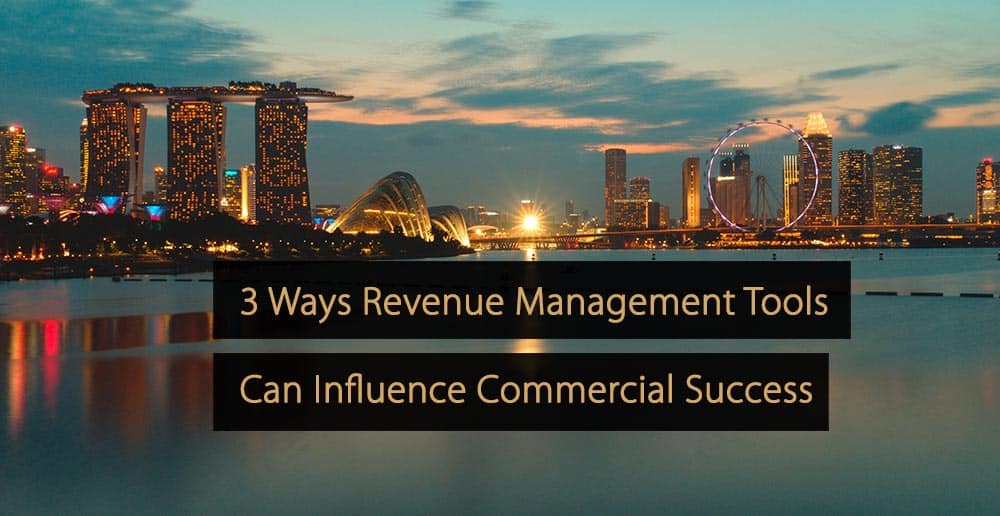Food and beverage (F&B) data is considered a gold mine in the hospitality industry. From the moment your guests make an online reservation, to the time they leave your restaurant, your POS system or an advanced reservation platform generates valuable guest data.
In this article, you’ll learn how to use F&B data to improve guest experience, ultimately increasing hotel revenue. But first, let’s look at what exactly F&B data is and why it’s vital for your business.
What is F&B Data and Why is it Important?
In the hospitality industry, F&B data is collected from a hotel’s food and beverage operations, such as a restaurant or any other dining experience available to guests. The valuable data includes information about guest preferences, purchasing habits, inventory levels, and staffing needs to make sound strategic decisions and optimize operations.
With a revolutionary platform like Eat App, hoteliers and F&B outlets can automatically store guest data when they make an online reservation, conveniently building rich guest profiles on the go. It’s a great way to fuse restaurants at your hotel or group and your guests into digitalization. Competitive F&B outlets in this space are predominantly utilizing analytics solutions for a wide range of use cases, which include:
- Creating rich guest profiles
- Effective ways to improve and streamline operations
- Optimizing their table turnover rate
- Forecasting sales
- Guest loyalty trends
Whether analyzing guest reviews or crunching sales numbers, F&B data can provide valuable insights that help drive business growth. So whether you’re an industry veteran looking to stay ahead of the competition or a new entrepreneur just getting started in this exciting field, understanding the fundamentals of F&B data is the key to success.
What Hoteliers Should Know About F&B Data
All hoteliers should keep a few things in mind regarding F&B data. First of all, it’s important to track as much data as possible. The more information you have about your food and beverage operations, the better you’ll make informed decisions about improving those operations.
It’s also essential to use technology to your advantage. Several software programs and applications integrate easily with a POS system, making tracking and analyzing F&B data easier. By taking advantage of these tools, you’ll save time and get more out of your data by centralizing your guest information.
With a revolutionary platform like this, you can also create customizable reports detailing key performance metrics such as hourly breakdown of covers at your restaurant, cover flows, no-show trends, and the busiest period; you can get detailed insights into various aspects of your business, including the number of guests coming through your door, your waitlists, their spending habits, review reservations, and more.
Restaurant reports provide the in-depth and customizable data you need to make smart decisions and stay on top of your business performance.
Finally, don’t forget to share your F&B data with the relevant stakeholders. Your executive team, for example, will want to know about any changes in sales or costs so that they can adjust the budget accordingly. Similarly, your marketing team will need this information to develop targeted campaigns that boost F&B sales.
Now, let’s circle back to F&B data and how businesses can use it to make data-driven decisions leading to increased revenue.
5 Tips to Use Data and Analytics to Increase Revenue
Below are five tips for using data and analytics to increase your hotel revenue.
1. Use F&B Data to Understand Your Guests Better
One of the most important things you can do with F&B data is to use it to understand your guests. What are their dining preferences? What types of food and drink do they like? What time of day do they prefer to dine? Answering these questions will help you create a customized experience that will increase guest satisfaction and, as a result, repeat business.
A recent study from a well-known hospitality platform showed that 31% of hotels with a great restaurant experience are considered much more memorable than others. If done correctly, businesses within the hospitality industry can use guest data that will help them run more smoothly and efficiently, while taking their guest experience from good to great.
A reservation platform can be a powerful tool for hoteliers looking to increase their guest experience. By managing your reservations in one place, you can free up time and resources that could be better spent on other aspects of your business. In addition, a reservation platform can help you keep track of your guests’ preferences and tailor their specific needs.
Here are some tips on how to use a guest data platform to improve your hotel’s guest experience:
Create rich guest profiles to keep track of preferences
When guests book a table at your hotel’s restaurant, they usually create a profile with their contact information and any special requests or preferences. This information can be extremely valuable for hoteliers looking to improve their guests’ experience. By keeping track of your guests’ preferences, you can ensure that their stay is customized based on their unique requirements.
For example, if a guest has indicated that they are allergic to nuts, you can ensure they are provided with an alternative meal plan during their stay.
Leverage data to improve your marketing efforts
In addition to helping you manage your restaurant bookings, a reservation platform can also provide valuable data that you can use to improve your marketing efforts. For example, by tracking the number of bookings made through different channels, you can identify which marketing channels are most effective at driving bookings and adjust your budget accordingly. In addition, you can optimize your pricing strategy to maximize revenue by tracking the average length of stay and revenue per booking.
Plus, reservation platforms also offer a built-in CRM tool that will allow you to send targeted marketing emails to specific guests. With a unique tagging feature, you can quickly identify your VIPs and high-spenders and send them exclusive offers or event invites. This is also a great way to get your most valued guests to come back.
Stay organized with automated email and SMS reminders
One of the great things about a reservation platform is that it can automate many tedious tasks associated with managing reservations. For example, you can set up automatic email and SMS reminders that will be sent out to guests before arrival. These reminders will help ensure that guests have all the information they need for their booking and reduce the likelihood of no-shows.
Automating these tasks will help you free up time to focus on more critical aspects of your business, like improving the guest experience.
2. Use F&B Data to Optimize Your Menu
Another way to use F&B data is to optimize your menu. By analyzing what dishes are selling well and which are not, you can decide what to keep on your menu and what to remove. You can also use F&B data to adjust prices and create special promotions for popular dishes. Remember that your goal should be to balance increasing revenue and maintaining profitability.
3. Use F&B Data to Improve Your Operations
In addition to using F&B data to improve your menu, you can also use it to improve your restaurant’s operations. For example, if you find that a dish is taking too long to prepare, you can change your kitchen’s workflow to speed up preparation time. Or, if you see that guests frequently leave without ordering dessert, you may want to consider placing desserts closer to the exit so that they’re more likely to order one on their way out. Making small changes like these can have a significant impact on your bottom line.
4. Understand When Guests are Spending
Not all times are created equal when it comes to F&B spending. Some times of day (or night) are busier than others, and some days of the week are better for business than others. To boost revenue from your F&B operation, it’s essential to understand when guests are spending and adjust your offerings accordingly.
For example, you might want to focus on promoting higher-margin items during slower times or offer discounts during busy periods to drive more business. Understanding guest spending patterns allow you to make intelligent decisions that boost your revenue.
As mentioned above, with an advanced reservation system, you can also identify your high spenders or VIPs by creating customized tags. Besides using this feature to target loyal guests with marketing material, you can use it to help prepare your staff members for when these special visitors are dining at your restaurant. With this powerful tool, your entire front-of-house will be prepared for when they arrive, and continue to deliver an unforgettable dining experience.
5. Monitor Your Competition
By keeping an eye on what other hotels in your area are doing, you can make sure that you’re staying ahead of the curve—and not falling behind. Use data from your competition to price items competitively, offer unique menu items, and more. After all, if their guests are interested in what they’re selling, there’s a good chance yours will be too!
Free Guide: Learn How to Triple Your (Hotel) Restaurant Revenue
In this restaurant Customer Acquisition guide, you’ll learn how to increase online reservations on multiple platforms like Google Business, Facebook, and Instagram. This way, you reach a large audience and increase the number of reservations.
Click here to download the “Restaurant Customer Acquisition Guide”.
By understanding their guests’ dining preferences, optimizing their menus, and improving their operations, hoteliers and hospitality groups can provide a better experience while increasing their profits. So if you’re looking for ways to boost revenue at your hotel, don’t forget about the power of F&B data.
More Tips to Grow Your Business
Revfine.com is the leading knowledge platform for the hospitality and travel industry. Professionals use our insights, strategies, and actionable tips to get inspired, optimize revenue, innovate processes, and improve customer experience.Explore expert advice on management, marketing, revenue management, operations, software, and technology in our dedicated Hotel, Hospitality, and Travel & Tourism categories.








Leave A Comment